Whether they be mental, physical, or emotional the challenges of aging alone in Vancouver are clear.

But they’re not insurmountable.
Living side by side with seniors who are having a tough time are others who are thriving in the city. Their success stories could help chart a path to a happier and healthier population as our city ages.
In part three of a CKNW series, Charmaine de Silva takes a look at the lives of seniors who live, struggle and flourish, alone in Vancouver.
LISTEN: Aging Alone Part Three
Listen to Part One of Aging Alone HERE, and Part Two of Aging Alone HERE
Seniors are important, there is no doubt about that.
And the cost associated with unhealthy and unhappy seniors can be high, both personally and on society as a whole.
Whether it’s the toll it takes on family, friends and neighbours, or on taxpayers footing the bill for lengthy hospital stays, it’s in our interest to keep seniors as connected and as independent as possible.
West End Seniors Network Executive Director Anthony Kupferschmidt says connections are important.
“Older adults, they may have lost a lot of their friends over the years, people die, people move away, as people retire they lose their peer groups, etc. so having that sense of connection and your neighbourhood i think is really crucial to preventing mental health challenges later on in life that we don’t really talk about.”
And there are seniors who are doing just that.
Nancy is like many other seniors in Vancouver’s West End who live alone, but do it very well.
She’s active, healthy and connected.
“I go to the fitness centre four mornings a week, I have friends over there. I don’t even see them outside of the fitness centre. But there are a lot very active and very vibrant seniors who are there every morning. There’s a walking club, and I see a group of older people walking together if you don’t want to walk alone. There’s a drop in centre at Denman Mall. There’s a lot going on in the West End.”
But that takes effort, and that’s exactly what Nancy puts in.
“If you’re single, you either have to pull society in, invite people in, or you have to go out for company. And, the big worry is people who don’t go out of their apartments or rarely go out, turn the TV on in the daytime, it’s dynamite. Or, computer screen, not so much with my age group, but there are a lot of very lonely people.”
Personality can have a lot to do with it.

Get weekly health news
“God, I think it depends if you’re outgoing or not, in any way. Or if you see the importance of being involved with other people socially. Even if you go out once a day. I had a great aunt who used to say you should have one little job to do every day, even if it’s to get up to take up a hem. She was 95 when she told me that. So, I come from a family of very active women.”
Gallery: Thriving with independence
Get by with a little help
While many seniors, like Nancy, live on their own, others get a little help and thrive.
Seamus is an independent living tenant at the West End’s Haro Park.
He had previously lived in an apartment buidling.
“I knew with my rent going up, at least $50 [a month] every year, that when I became 65 and my disability pension from work stopped that I wouldn’t be able to afford to live where I was, so I started looking for somewhere else to live. Luckily enough, I was accepted here. So, in this apartment I was subsidized, so I can afford to live here.”
Seamus’s studio apartment is neat, tidy and organized.
Visually, it looks like any other, but there are systems in place that make it different, like the monitoring program that residents take weekly turns leading. Residents hang a decal on their door, which the monitor checks nightly – if it hasn’t been turned around, the monitor will call or knock to check if they’re okay.
“If there’s no response we’ll call downstairs to the management. We’re not going to wait until we start smelling the body. It happened just over a month ago that one of my neighbours, we hadn’t seen her since the day before. The management came up and opened her apartment when she didn’t respond and found her lying on the floor, and she was taken to hospital, and was there for a few weeks, and now she’s luckily back home.”
Sometimes technology can come in handy as well.
“Since my last hospitalization I had to put in place before I was let go from hospital…I had to put in a falls protection system. So, I wear something around my neck. ….in case I fall.”
Seamus is the first to admit, getting a place at Haro Park has made a huge difference to him…and now he doesn’t have to worry about being able to afford his home.
The worry about money is a big one for seniors.
Being independent comes with a cost, and it’s not a cost everyone can afford.
But Nancy says, the help comes with those services makes a difference.
“If you’re going to have seniors who are living longer, who want to be independent, they need help to be independent, but they need safety, they want to be in clean surroundings, they want some dignity, they don’t want to be ashamed of their place because they can’t clean it, that’s another thing. One bath a week, one hour a week to clean your place, that’s not very much time.”
Nancy says that’s where home support is key – making sure people have better meals, and a better quality of life.
“There are creative ways where it’s much more efficient, and much more financially sensible, than having somebody who’s totally dehydrated, malnourished, Which when you’re particularly in your late 70’s or 80’s, can just take a few days to be dehydrated, very very dehydrated. Or somebody with the TV on all day, who doesn’t have the energy on to do anything but make toast and tea. You have a big, big problem developing.”
It’s a problem BC’s Seniors Advocate Isobel Mackenzie wants to avoid.
“My perfect vision is you’d have a map of the province and populated all over this map would be hub seniors centres where both people could go to and services could be delivered from, and every senior would know about it, and access would be quite easy, cost would not be an impediment, and transportation wouldn’t be an impediment. So, you could be confident if someone was alone they were choosing to be alone. We have pockets of it, but it’s not systematic throughout the province.”
Two way street
But seniors aren’t just concerned with making life easier for themselves.
Truth is, many seniors stay connected through volunteering, and take pride in helping others.
Nancy is no different.
“The first thing I did when I moved down here six years ago, I thought, alright, where can I volunteer? That was number. So, I found a place to volunteer. I’m still doing it. That led to meeting other people, making friends, just to get out there, and get into the society.”
Seamus volunteers too, and says it makes a huge difference in his life.
“It Gives you a reason to get up in the morning, it makes you want to dress up, rather than just sit around in your apartment, it keeps your mind sharp.”
But it’s not just seniors who benefit. We all do.
Spencer Chandra Herbert is the MLA for Vancouver West End, a riding with a high proportion of seniors.
He calls them a valuable resource.
“While they may not be in the workforce, many of them continue to volunteer in the community. Some of the greatest organizations in the neighbourhood that I work in are run by or supported by seniors who have retired.”
Dora Ng with the West End Seniors Network sees much of the same thing and says her organization couldn’t do what it does without seniors.
“We often talk about seniors as a population as a needy population, we need this funding. An important point to keep in mind, we say that we have 800 members, 200 volunteers, most of our volunteers are seniors themselves. I have a lot of people who are fairly homebound, but then they receive services, they want to give back, they do things like they call people for their groceries, they call to check that people are okay, they come in and help with reception. This is not a taking population, this is a population that has a very strong desire to be connected to the community. When we talk about support, we are also supporting them as they give back to the community as well.”





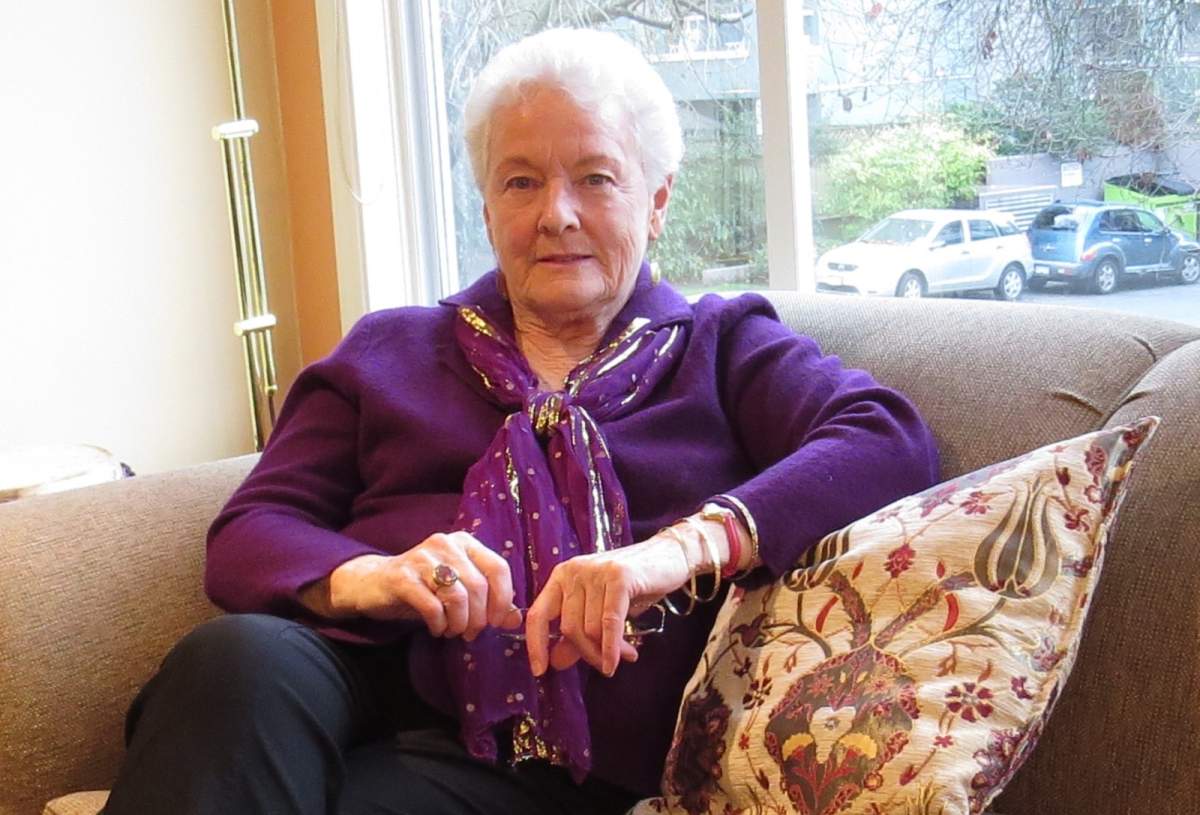
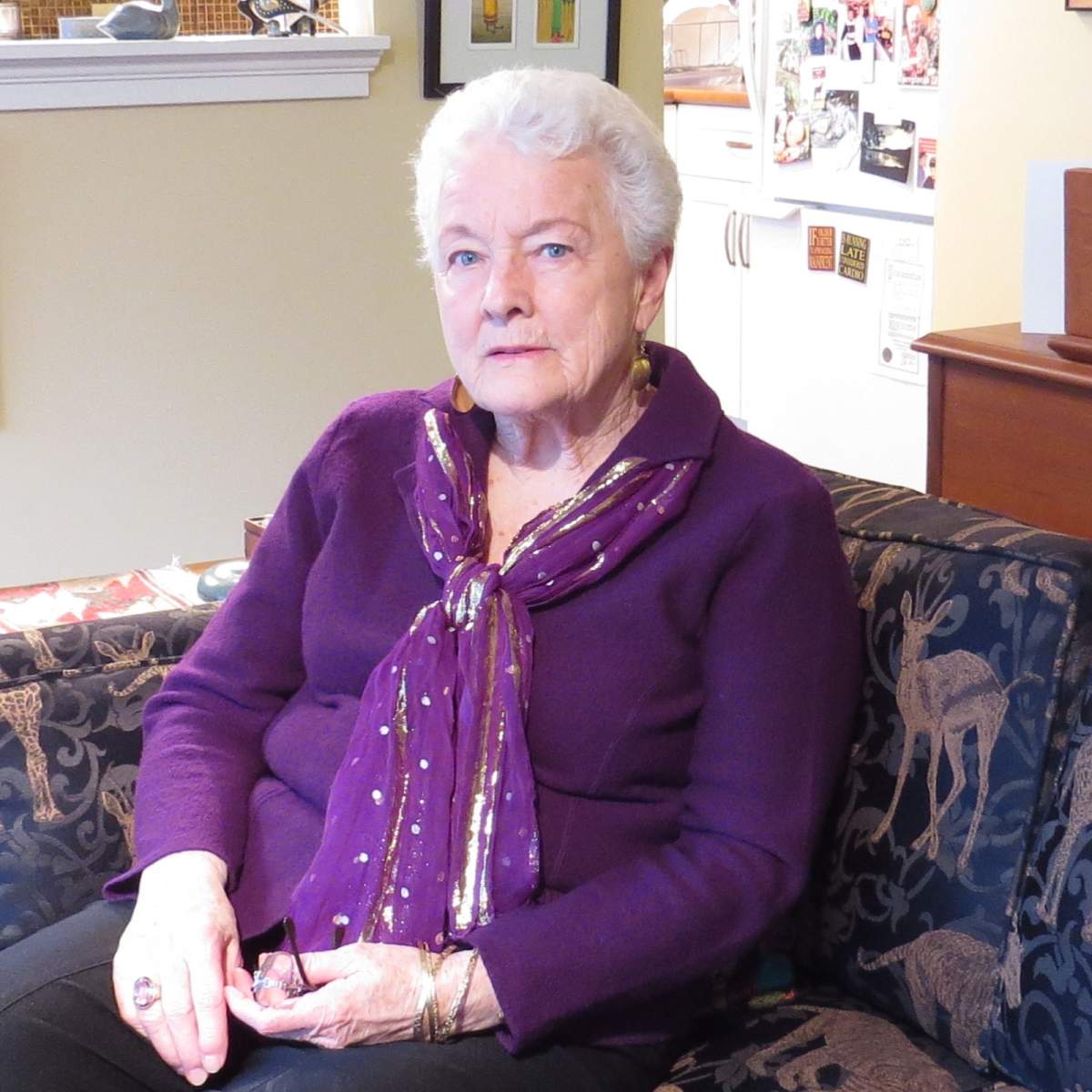

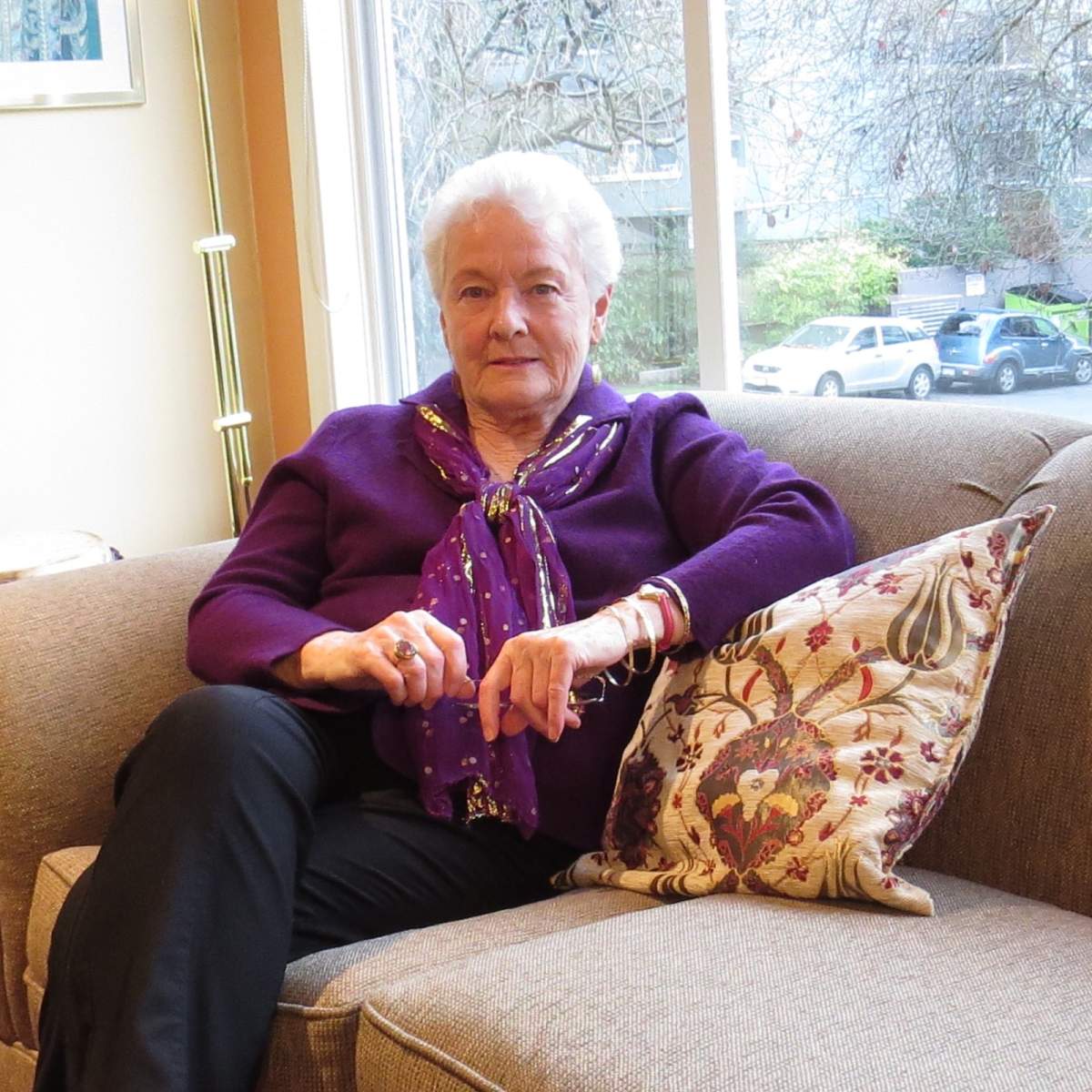


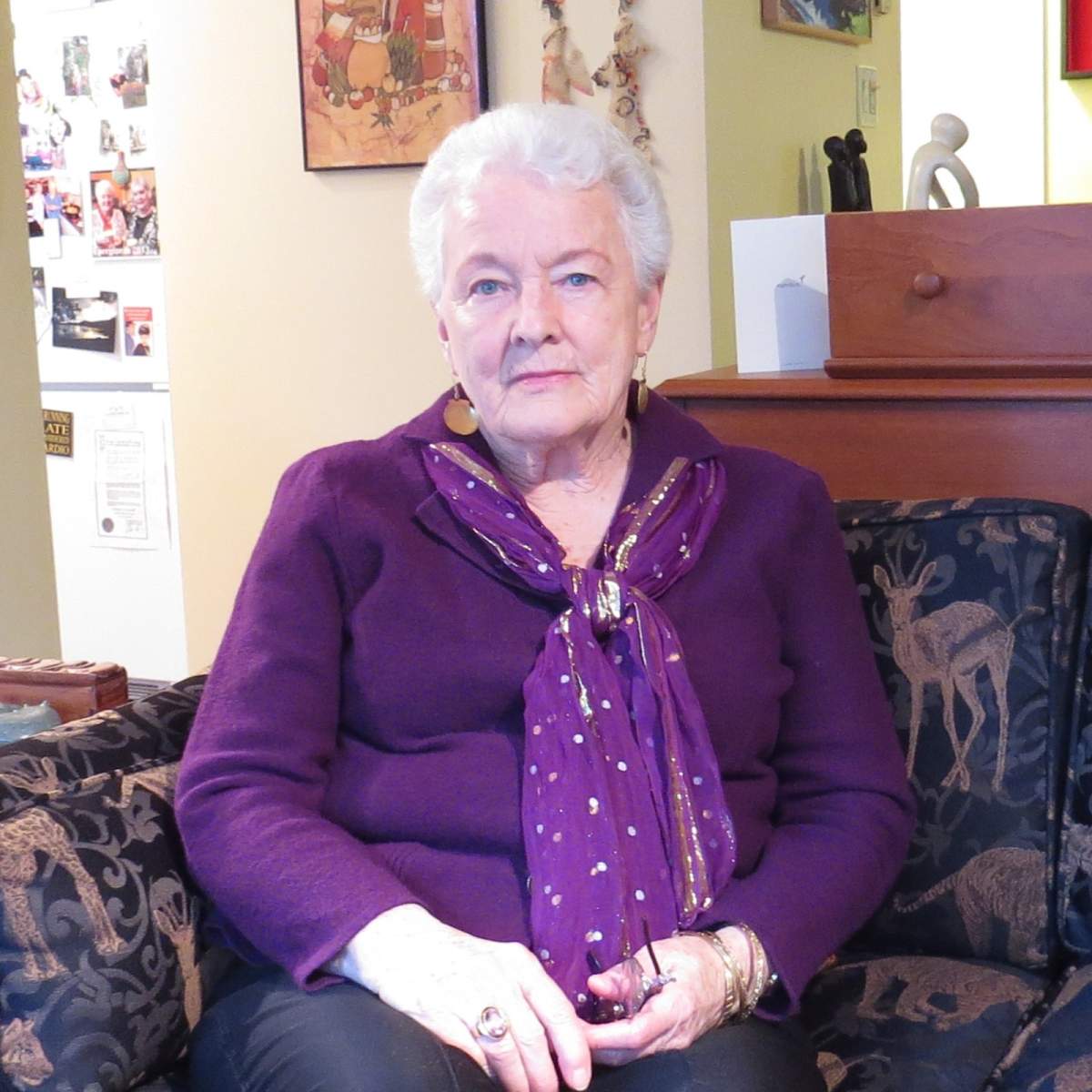

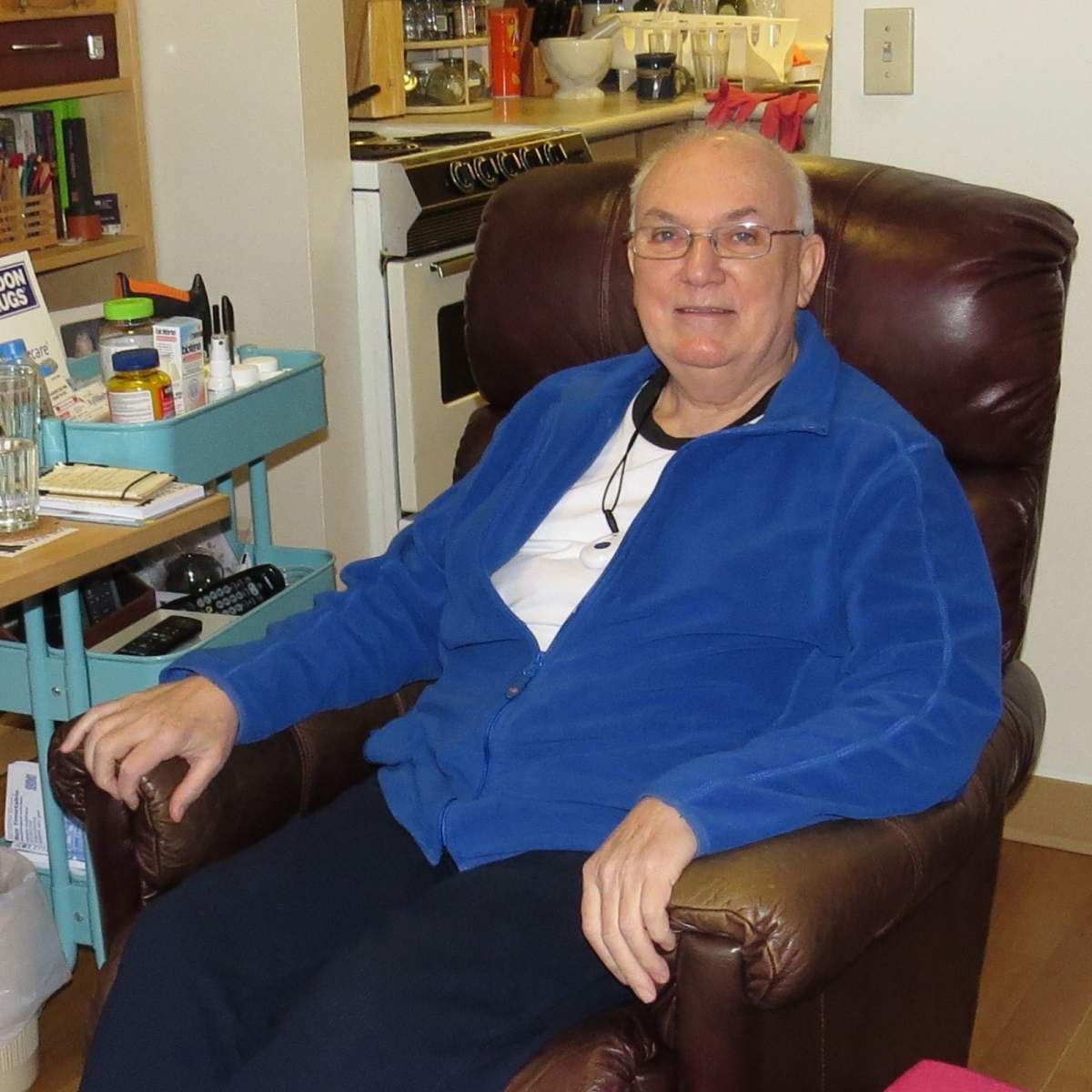

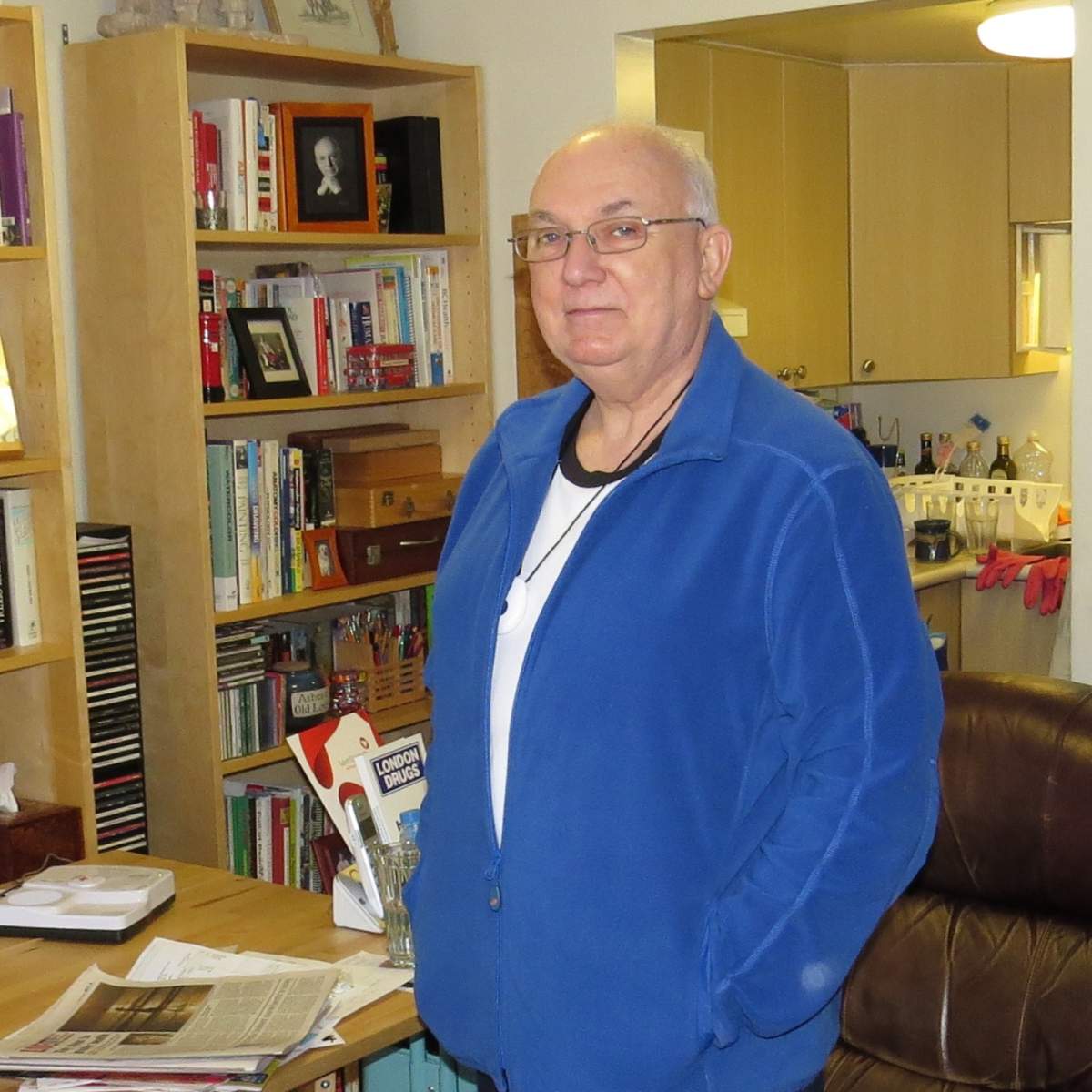

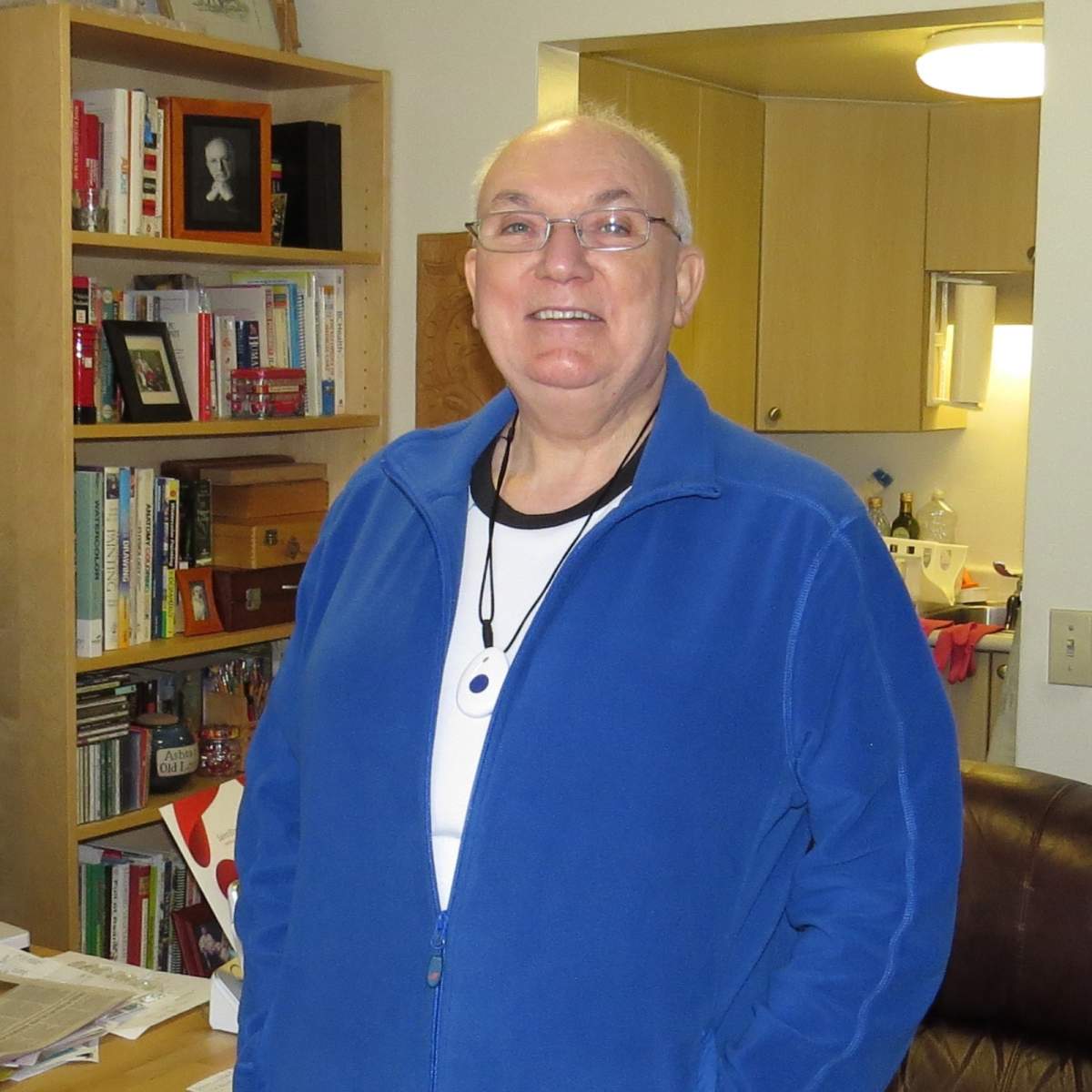

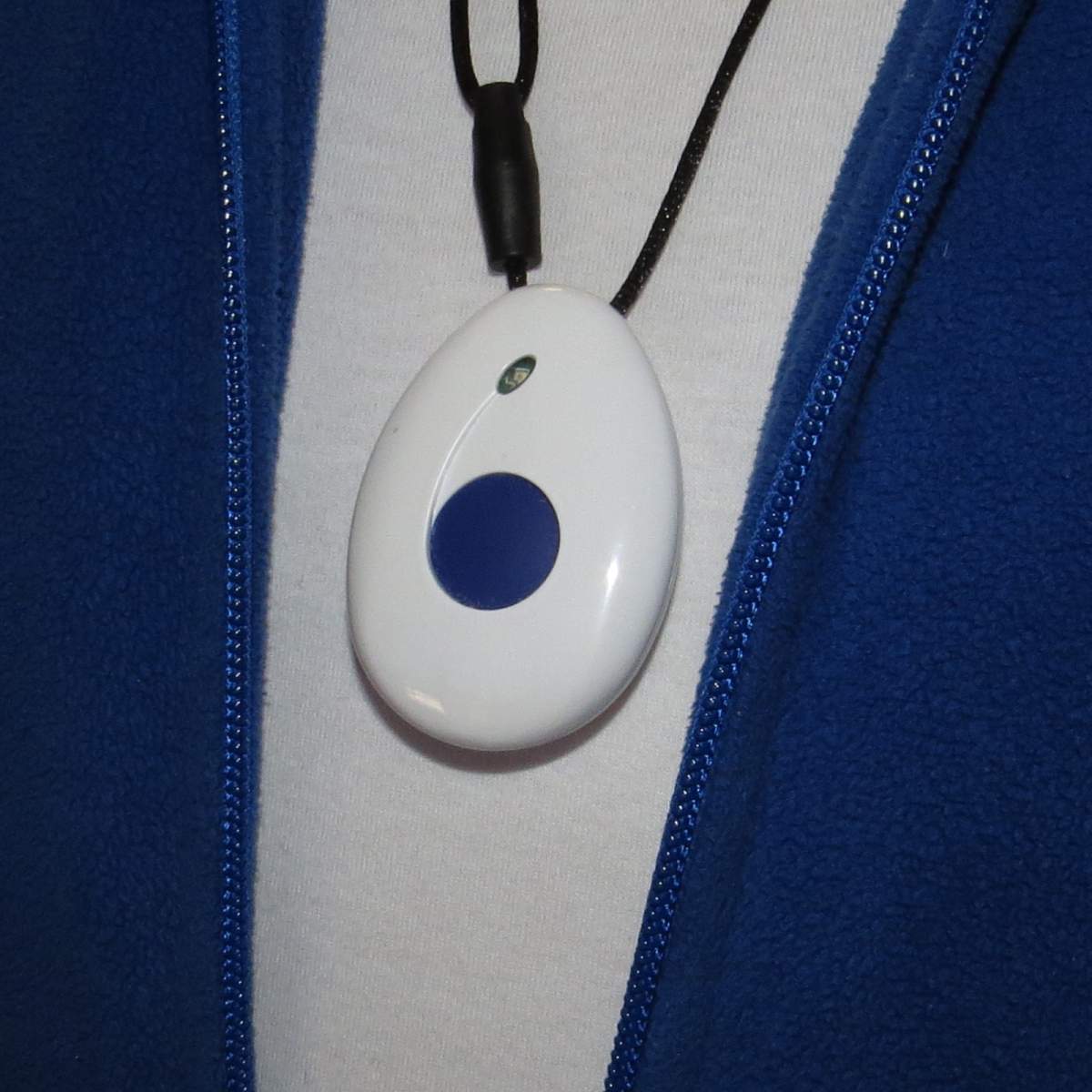





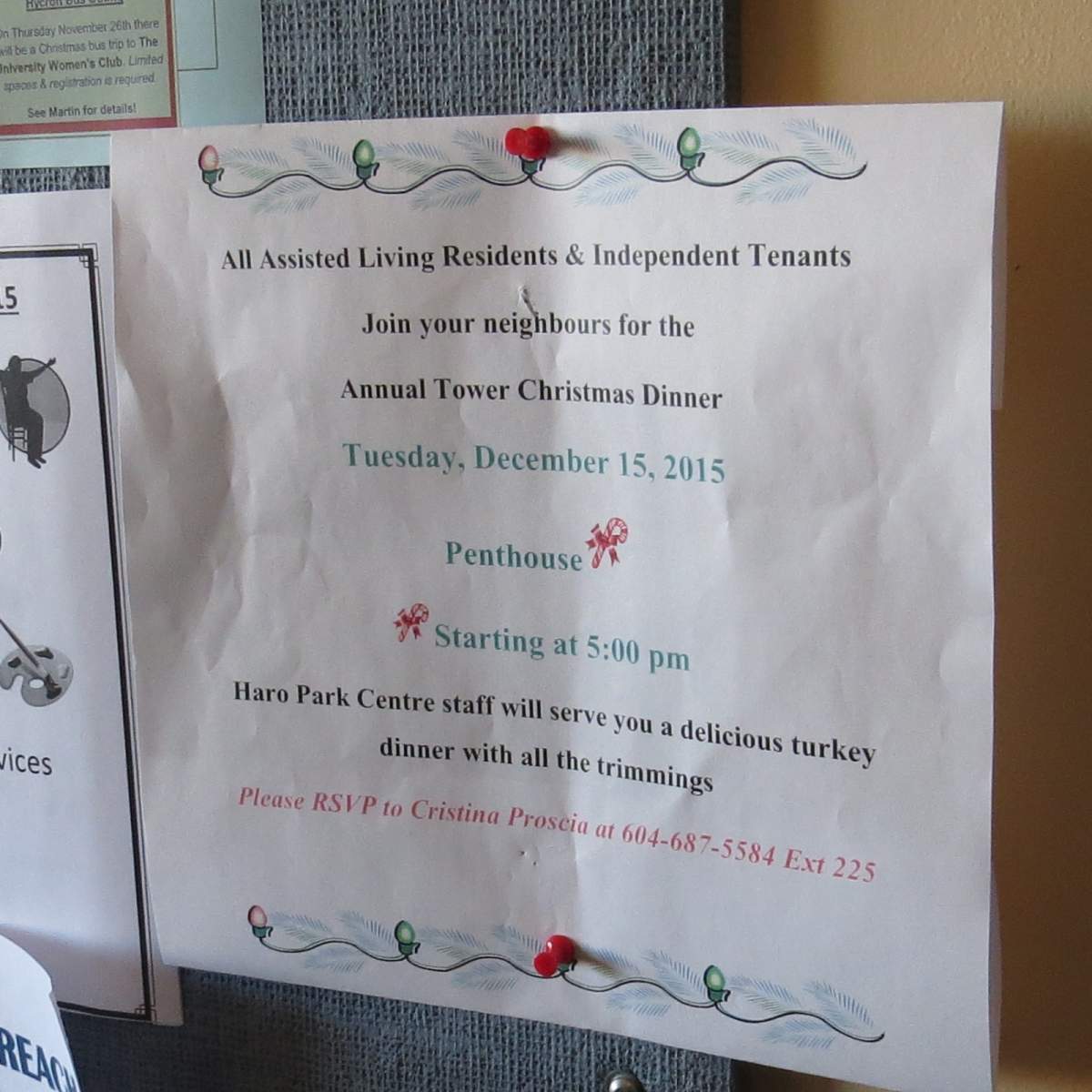


Comments
Want to discuss? Please read our Commenting Policy first.